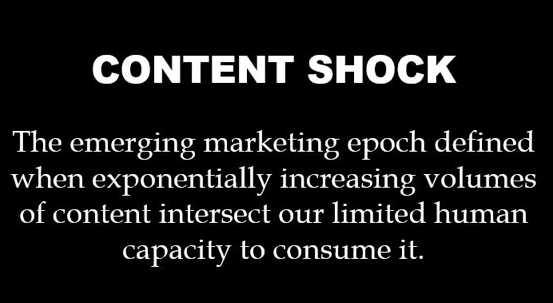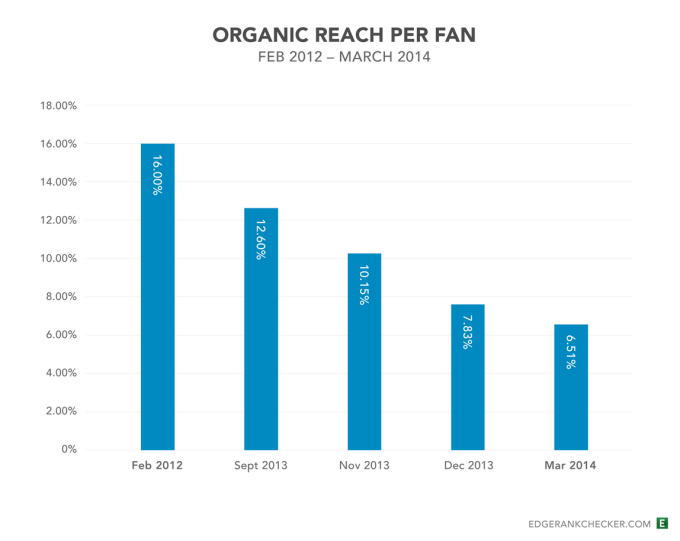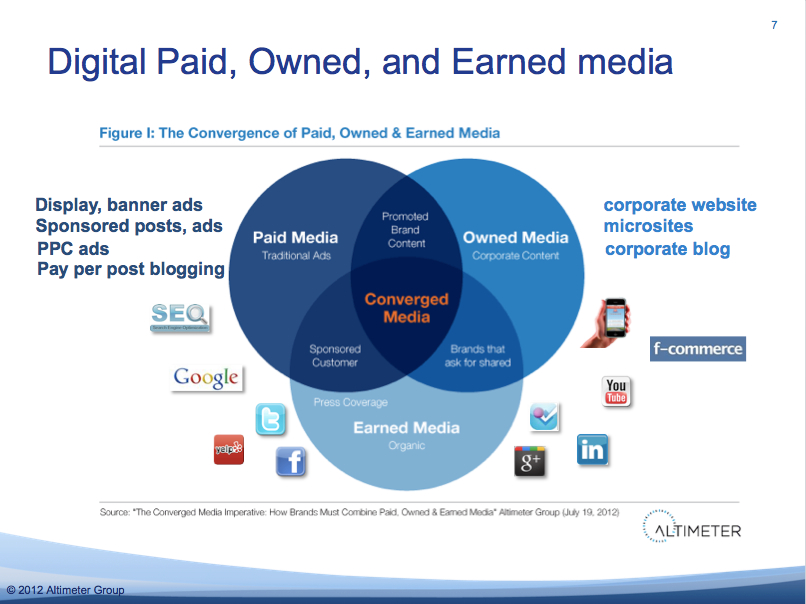Everyday that goes by, I read yet another article or blog post about new milestones reached by this or that social media. And if you pay close attention, many of them involve the travel and hospitality vertical. For example:
Facebook now has close to one billion active users on mobile, which represents 84% of its total user base of 1.23 billion. And what’s the most shared topic? Travel.
Did you notice some of the changes in the past year, such as the new “traveling to” feature, the star-rated system for hotels and restaurants, or even Graph Search that helps users “find people, places and things”?

Pinterest is rumored to launch a new travel product shortly, called “Choose your own adventure”, aiming for a bigger play in the travel space. Already, its most recent feature launched at the end of 2013 were “Place Pins”, seeking to get more location-based information and itineraries on various boards.
Here again, it seems travel is the most popular topic shared through pictures and pins. Read: Pinterest and Travel: A Match Made in Social Media Heaven.
TripAdvisor
TripAdvisor has seen its usage increase exponentially in the past year. Some 100 million comments were written between 2000 and 2012, then 50 million were written… in 2013 alone! TripAdvisor is now a travel meta-search engine, making it a one-stop shop for many in their travel decision-making process.
Instagram now boasts over 200 million active users and has become a de facto tool for most travel destinations creating hashtags to curate best photos from locals and tourists alike.
For more on this, read 4 Creative Uses of Instagram in Destination Marketing.
Linkedin is turning itself into a full-fledged publishing platform, having now reached the 300 million users milestone. Brand pages no longer have “products and services” tabs, but rather “Showcase” pages where content shared is the name of the game.
Okay, so how do brands manage their presence across these and many other online platforms in order to communicate, engage in conversations and draw the attention of potential travelers? Will we reach a point when too much content will kill the content?
WHAT IS CONTENT SHOCK
Back in January, Mark W. Schaefer wrote a seminal post on his blog, titled Content Shock: Why content marketing is not a sustainable strategy. His theory spawned close to 600 comments on his blog and more than 100 blog post rebuttals, videos and numerous arguments and counter-arguments. Why the fuss?
Schaefer contends that it becomes increasingly difficult, and expensive, to reach the same amount of people due to more and more companies and individuals joining the content marketing marching band.

In fact, Schaefer contends we will reach a point where the economics won’t match up and we’ll see three phenomenons occur:
- Deep pockets will win
- The barriers to entry will become increasingly high
- The cost-benefit funnel will flip
Whether you agree with his theory or not is besides the point of this article. In fact, Schaefer himself responded to the most salient arguments against his theory in the following post on his blog! You can read it here
Personally, I tend to agree that content marketing will eventually reach a point where differentiation will become increasingly difficult. But this will happen if and when a majority of players indeed embrace the potential to engage conversations, thinking and acting as publishers on various owned, paid and earned media.
And to tell you truth, I am not seeing a massive movement towards content marketing in travel. Yet.
WILL THERE BE CONTENT SHOCK IN TRAVEL?
In the travel marketing realm, content is abundant and storytelling has been at the heart of our industry since the nick of times. After all, we sell experiences and memories, rather than strictly-speaking products and services. Most travel brands who effectively manage accounts on the web, social media or a corporate blog tend to showcase pictures and videos, which makes sense.
But since Facebook users upload more than 350 million photos daily, one can understand how newsfeeds are becoming cluttered with too much content, which explains why Facebook has been filtering more and more what content reaches your newsfeed.
The end of organic reach
Some pages are seeing only 1-2% organic reach, forcing brands to spend in order to reach audiences previously available with a dynamic community management approach.

So back to the question: will there be content shock in travel? I do believe it’s inevitable that we will reach a point where differentiation will become much harder, based on a content strategy alone. To this day, I see very few brands optimal with principles of How To Apply Content Marketing in Hospitality.
But what if a majority of travel brands indeed take the plunge and invest in content marketing, both offline and online? Will it become a matter of deeper pockets and impossible barriers to entry? Not necessarily. Early adopters will move on and make a better use of owned, paid and shared media mix through what Altimeter called “converged media”.

Is it too late?
A final argument could be made for those who were late to the ‘content marketing’ game in that they will most likely be late as well when newer trends unfold… In essence, we should expect some kind of content shock to occur in the travel vertical, since it’s already happening for example on Facebook.
Content marketing nevertheless remains a key strategy for brands to tell their story, through different platforms, different devices and different media. This is no easy task, but then again who said travel marketing was a walk in the park, right?









Leave a Reply